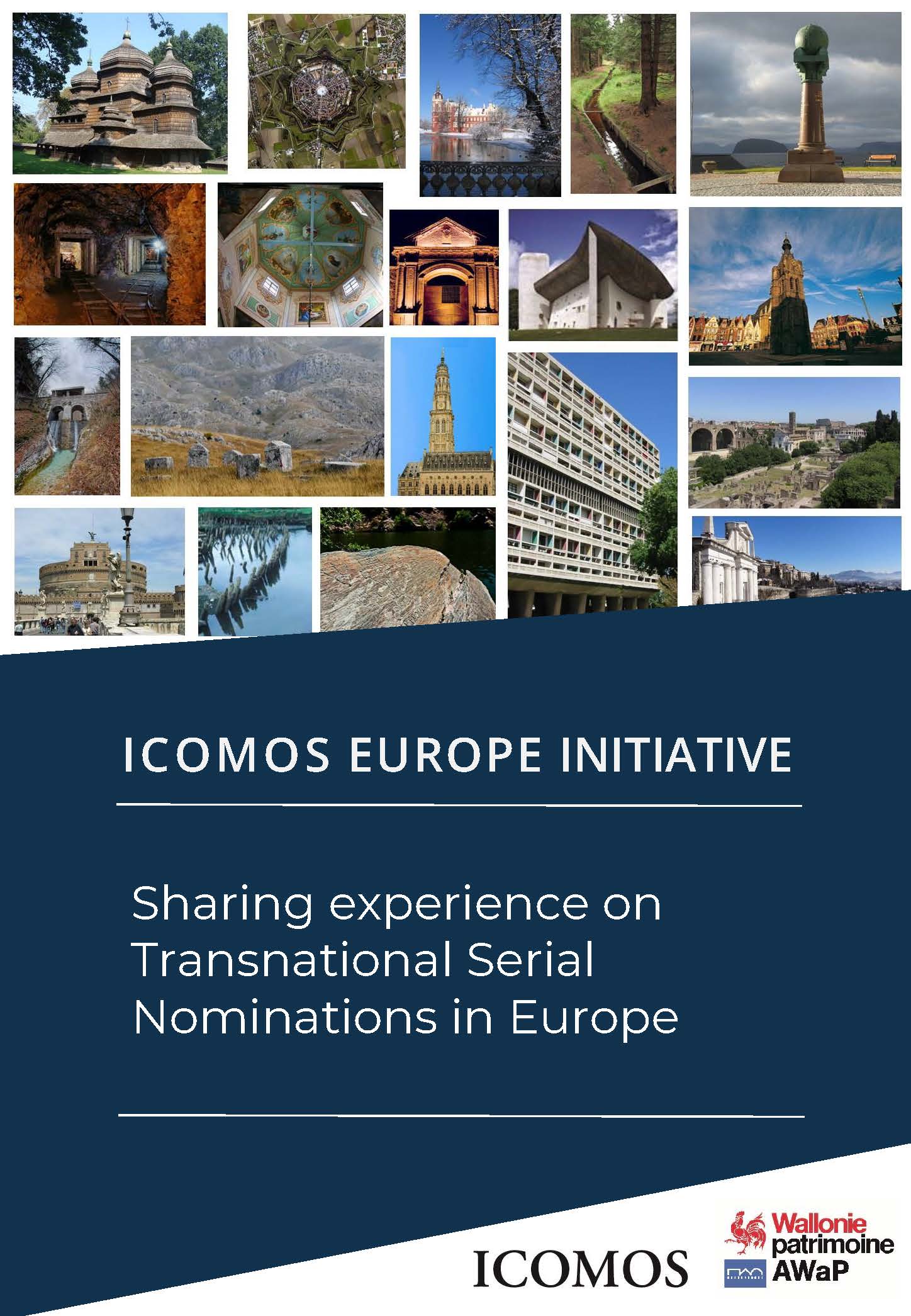ICOMOS Europe Initiative: report on Sharing experience on Transnational Serial Nominations in Europe
Result of the ICOMOS Europe Initiative of reflecting on Transnational serial nominations in Europe, ICOMOS is pleased to share the report Sharing experience on Transnational Serial Nominations in Europe, as the outcome of this fruitful reflection, thanks to the financial support of the Walloon Region (Belgium).
World Heritage transnational serial nominations embody the essence of the spirit of the World Heritage Convention: the principle of the universal value of heritage for humankind and the role of transnational cooperation in the recognition and conservation of the world’s heritage.
However, increasing number and size of serial nominations along with issues emerged in their evaluation and in management practice have convinced the World Heritage Committee that additional reflection was necessary on serial properties. Between 2008 and 2010, meetings were held in Vilm (Germany) and then in Ittingen (Switzerland), which resulted in a modification to the Operational Guidelines for the Implementation of the World Heritage Convention (2011).
After 10 years of implementation, the ICOMOS Europe Group, comprising the ICOMOS National Committees of the European region, considered that exchanging information within its network of professionals about preparing and managing cultural transnational serial nominations could prove worthwhile. Collecting inputs on positive outcomes, shortcomings, challenges and potential for an improved understanding of our heritage through the shared journeys undertaken by States Parties in dealing with transnational serial nominations seemed useful to improve the processes of identification, care for and transmission to future generations of these complex properties.
The need for guidance on how to set up robust transnational serial nominations for World Heritage and long – lasting cooperation among partners has been underlined by a number of ICOMOS National Committees. The lessons learned and suggestions collected through the questionnaire and presented in this report can be seen as a first contribution to further stimulate the reflection on the opportunities and challenges inherent to this type of nominations and on the pre-conditions for achieving a sustainable project, able to further develop its vitality after inscription.
